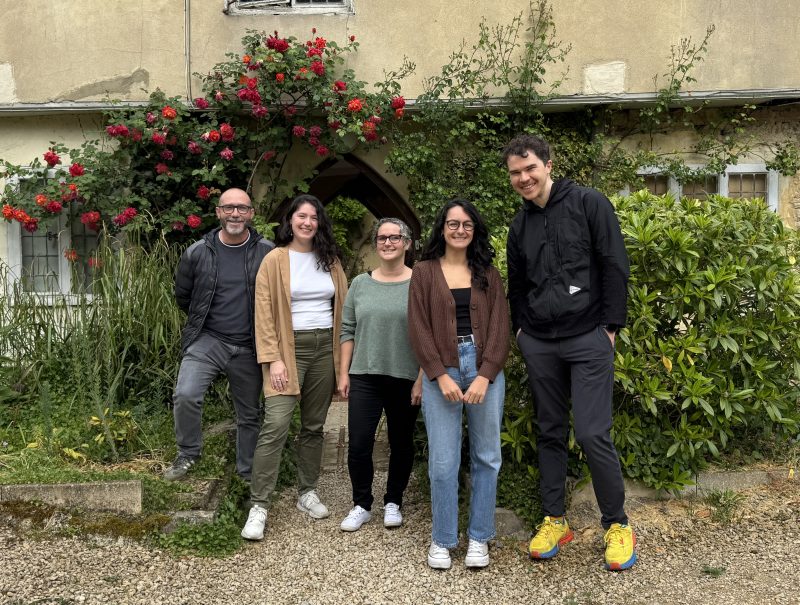Syntato, a new spinout emerging from the MRC Laboratory of Medical Sciences (LMS), announces securing funding from the Advanced Research and Invention Agency (ARIA). The contract with ARIA will facilitate Syntato’s pioneering work in the field of deep crop re-engineering, focusing on creating a potato variety with a novel chromosome by the summer of 2028.
By Emily Armstrong
June 3, 2025
Time to read: 3 minutes
Syntato originated from the Synthetic Biology laboratory at the LMS, embedded within the Hammersmith Campus at Imperial College London, led by Dr Karen Sarkisyan, an expert in bioengineering with a track record in translating emerging genetic technologies into real-life products. Karen previously co-founded Light Bio, which successfully commercialised the world’s first glow-in-the-dark ornamental plant and gained global attention, with its product Firefly Petunia featured in numerous global media outlets, as well as on the cover of TIME magazine.
Syntato’s project is one of several initiatives funded by ARIA’s Synthetic Plants Program, launched to catalyse a new generation of major crops that are more productive, resilient and sustainable. Syntato will focus on reducing the cost and iteration time of chromosome engineering by making chromosomes modular and reusable. The project is a joint effort with a Valencian biotechnology company Madeinplant, co-founded by synthetic biologists Dr Diego Orzaez and Dr Marta Vázquez Vilar, and the London Biofoundry, led by Dr Marko Storch. The collaboration enables all sides to combine expertise and technologies to achieve the ambitious goal of building a synthetic chromosome and using it to create a new potato variety in three years.

Chromosome-scale engineering is becoming the enabling infrastructure of plant biotechnology—much as chip fabrication underpins modern electronics—because it allows entire suites of adaptive crop traits to be built and deployed as a single, modular unit. Custom-designed chromosomes leave the native genome intact, yet deliver system-level improvements in one step, turning future crop development from incremental gene edits into rapid, scalable platform design.
“Chromosome-scale engineering is an essential technology to master if we are serious about creating crops that are adaptive to climate changes, more productive and able to resist pests and diseases without any sprayed chemicals. ARIA’s backing, together with the continued support of translational work from the LMS, allows us to realistically approach this challenge,” says Karen.
The project centers around automation of plant cell culture work, facilitating high-throughput assessment of chromosome design prototypes. To enable this work, Syntato has partnered with Briefly.Bio, a provider of a unique AI-powered interface for lab automation. The long-term contract with Briefly will allow Syntato’s scientists to modularly configure their robotic pipeline, quickly and independently.
Located at the heart of Imperial College London’s ecosystem for synthetic biology startups, Syntato is establishing a partnership with the Bezos Centre for Sustainable Protein to explore food-related applications of this new technology platform.